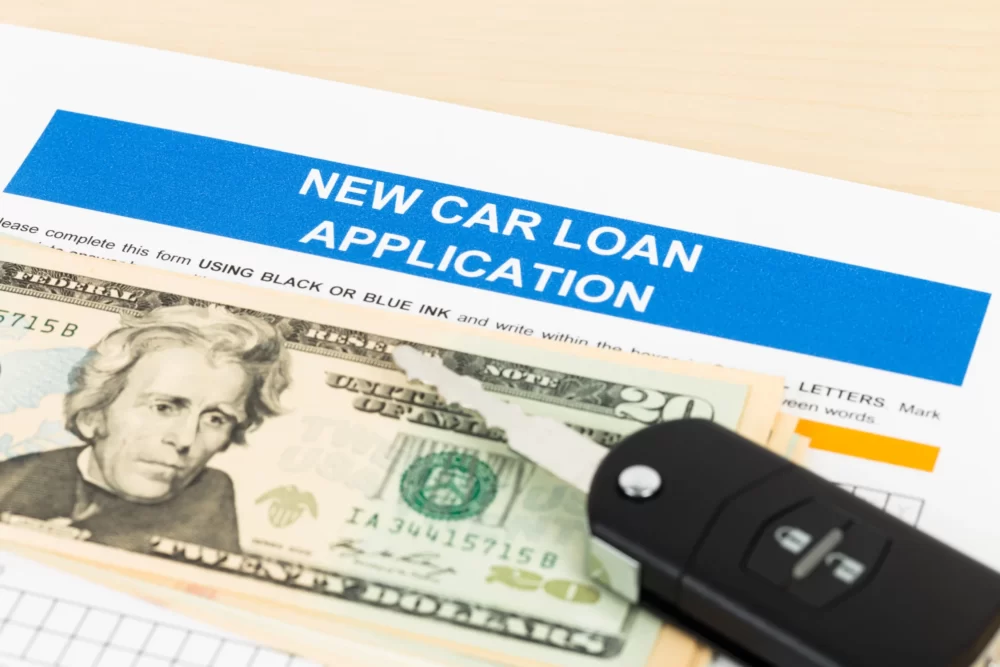You want to buy a car, and now you’re thinking about your credit score, right? You’re aware it’s important – but do you know exactly what a credit score is? As explained by the consultants at Laneway Auto Loans and Sales, this is a figure between 300 and 900 on the bottom line of a report on your financial track-record, calculated by authorised credit bureaus. When you apply for vehicle financing, these institutions measure your creditworthiness through five key factors (which are weighted differently) as percentages of your total score:
- 35% – Bill Payment History lists all your prompt and late payments, together with any debts currently under collection;
- 30% Credit Use shows how much of your credit you’re using, which should ideally be less than a third of your ceiling amount;
- 15% – Credit History, with a longer good record scoring higher, as this predicts your spending habits and repayment ability;
- 10% – Credit Mix, wheredifferent types of credit in good standing demonstrates your ability to handle different types of debt, including revolving credit (credit cards), and instalment loans (auto financing and mortgages);
- 10% – Number of Inquiries reflects how much credit you’ve requested recently, with a sudden flurry of inquiries raising financial red flags.
What’s a Good Credit Score for Financing a Vehicle in the Maritimes?
This ultra-personal variable reflects how reliable you might be, as a debtor. For companies thinking about lending you money (often through a mortgage, an auto loan, an overdraft, or a credit card limit), it indicates how likely you are to pay back your debts promptly:
- High credit scores (700 – 900) tell the people holding the purse strings that you’re meticulous about settling your bills on time, making you a safe investment for their funds, and rewarding you with low (or even zero) annual percentage rates (APRs);
- Low credit scores (300 – 600) warn lenders that you’re a high-risk applicant, making it less likely they want to work with you, and most certainly charging you much higher interest rates to offset the danger of default;
How Nova Scotians Can Get Better Auto Loans with Higher Credit Scores
It’s an unfortunate fact that poor credit often results in higher outlays by the people who can least afford it, while others with 800+ credit scores pay zero interest on their loans. However, this situation can be reversed over time, with patience and prudence. Here are a few tips on how to do this, from the friendly financial consultants at Laneway:
- Use less than 35% of your available credit, by increasing your credit limits as high as you can, spreading your spending among them each month, and calculating your total credit by adding together your credit cards, your credit lines, and your loans;
- Polish up your payment history by making at least the minimum payment on time, every time, never skipping a month even if a bill is being disputed, and contacting the lender immediately if you foresee difficulties in paying a bill;
- Maximise your credit mix by using different types of credit (car loan, mortgage, credit card, overdraft) to boost your credit score, while making sure will be able to pay back everything you borrow, as taking on too much debt could lower your rating for a specific debt;
- Lengthen your credit history by keeping older credit facilities active, like credit cards that you use only occasionally, as newer credit accounts may lower your score, particularly when transferring balances from an old card to new plastic, at temptingly low introductory interest rates;
Hot Tip: Find out your current credit score before you start applying for auto loans, checking carefully to make sure that you aren’t being penalised for amounts you’ve already paid off, or debts that aren’t yours. You can do this easily through Canada’s two national credit bureaus (Equifax Canada and TransUnion Canada), comparing their reports as information may differ.
